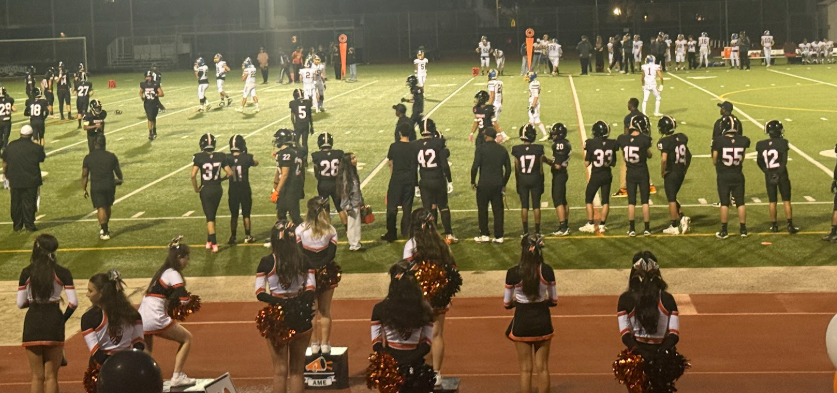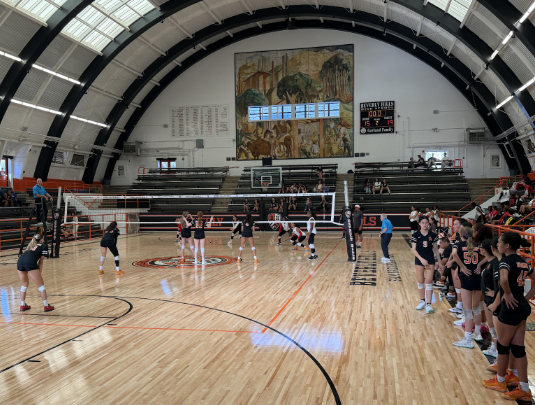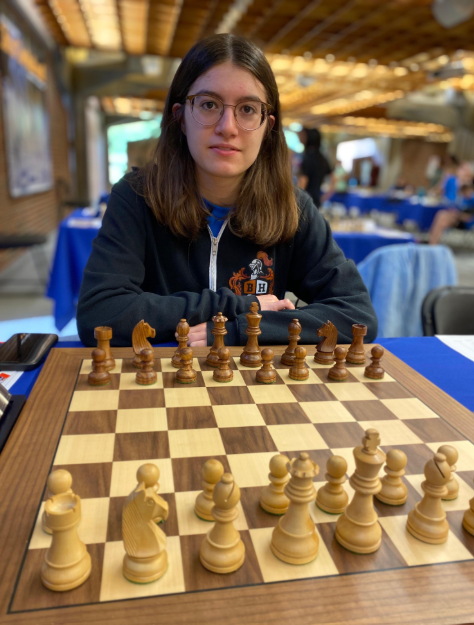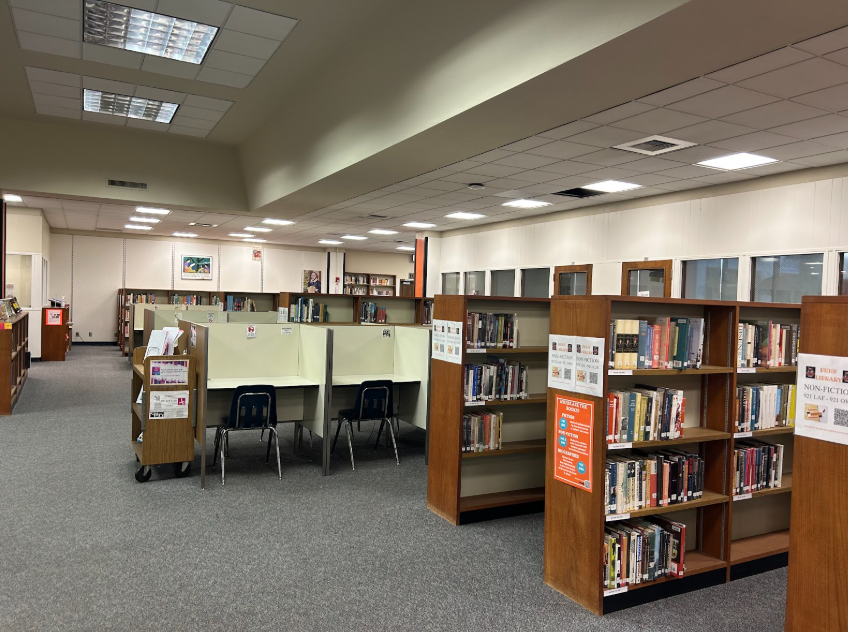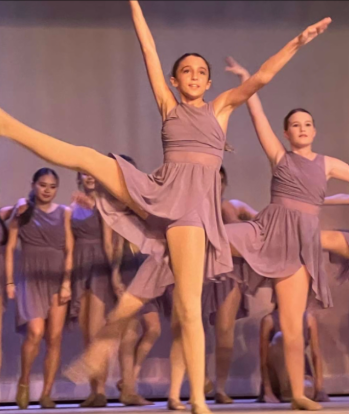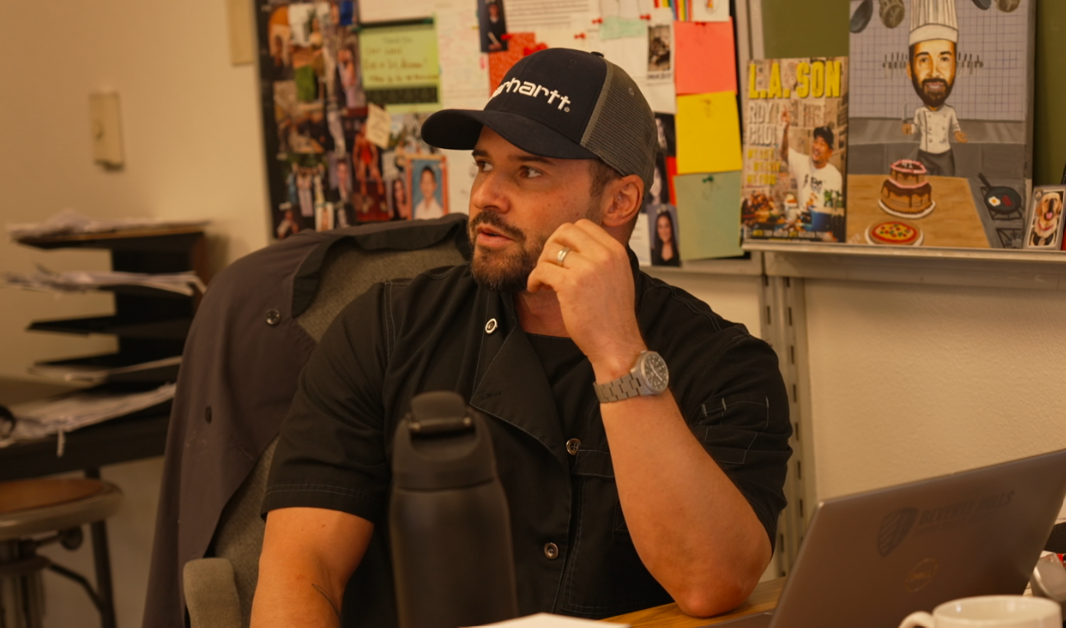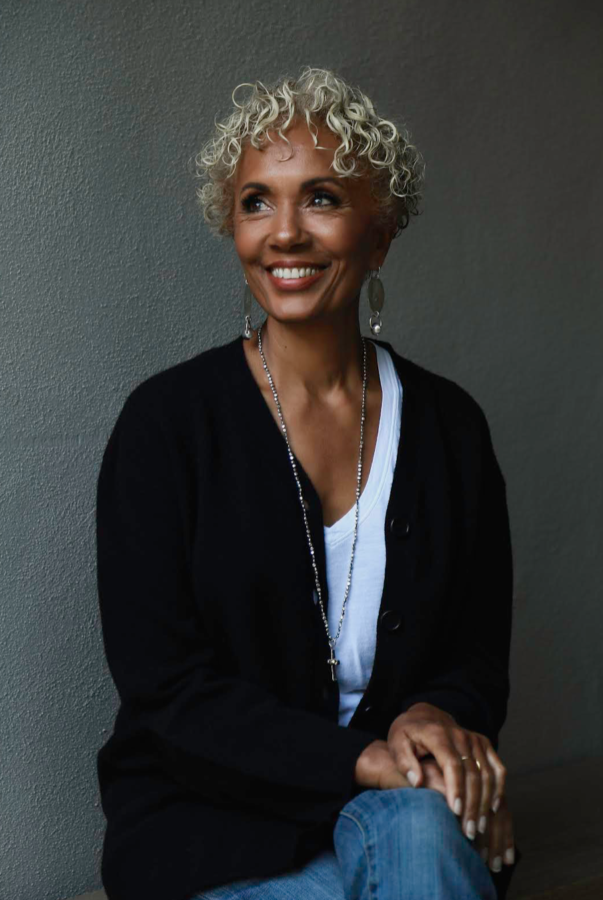Leia Gluckman staff writer
Deborah Santana, an author, producer, business manager and peace and social justice activist, holds a Master of Arts in Philosophy and Religion with a Concentration in Women’s Spirituality. Santana collaborates with a variety of organizations that work to improve the lives of those who have endured sexual violence, and improve the lives of neglected and abused children in America.
Santana’s latest entrepreneurial endeavor is opening her own brick and mortar healing center which will guide and provide transformative workshops and classes. Temple Tree Sanctuary will “provide wellness experiences in a peaceful, uplifting environment,” Santana said. Temple Tree Sanctuary will be offering virtual classes beginning this July.
Highlights: Can you tell me a little bit about your background in self care?
Santana: When I was 16, I was at an academic high school in San Francisco and my mom started practicing yoga and I went with her. She did it because she had some lung issues, so she was always looking for solutions. She never pitied herself or felt bad about something. If there was an issue, she found the solution. My mom was Irish – English and my dad African-American, so when they got married, they had a lot of hatred from the outside. My mom, who was raised to be a very strong young woman, she was the youngest of five girls, was always looking for ways to make life better. She taught me that. When she started practicing yoga, I went with her, and that’s when I learned to meditate, because at the end of every yoga session there was a five minute meditation.
Highlights: How are you staying positive during quarantine?
Santana: We’ve been given a pause, all of us were just going along. Even the simplest things I think about, like, ‘Oh my God, I need to get my highlights or I haven’t had a pedicure. I’m looking like crazy pants.’ But I realized that we’ve all been given this pause because we were just hamsters on a wheel. You guys all have your dreams, you’re gonna go to this college, you’re gonna do this in life. We never think that the whole world could change in a moment. So now we get to pause and think, ‘Well, gosh, what would I do differently’ and then you can shape a new future.
We need your generation to look at public health policies, we need you to look at human rights, we need you to change this whole capitalistic system that only lets some people do well, while we leave millions of people behind.
[Meditation] is my anchor. I think over the 40 years, I can probably count 10 times when I’ve had to leave my house without meditating. I have made this my practice and I count on it, because I count on listening to what is coming from within me. And that’s what I really hope for your generation. Your generation has been given this amazing crisis and opportunity. This is the opportunity to start developing these new habits.
I have meditated every morning for 40 years, so I have linked with my time of meditation. And I really feel it’s so important for everyone to find our center. A lot of people wake up, they turn on the news. I feel that that’s probably the worst thing we can do for ourselves right now.
Highlights: What are you doing to keep yourself centered during this time that the students can replicate?
Santana: I think learning to meditate is really important. I think that there are many, many different techniques. Some of them have a spiritual aspect and others are religious – I’m sure you’ve heard of mindfulness, which is a Buddhist practice – all of them pretty much allow us to do the same thing. We find a quiet place inside ourselves and we breathe in and out very deeply with our eyes closed and we find that place that is calm inside. It takes practice, I would even say just start for five minutes every morning. I do a practice where I actually feel my breath starting, where I’m sitting kind of at my tailbone, and I feel it. I feel myself breathing and all the way up my body up my spine to the top of my head. Sometimes I breathe in the word, I say the word peace to myself when I breathe in, and then when I get to the top, I release my breath, and then I say the word light. So I feel that the light that is above me or the energy or the wisdom or that divine knowledge that is above me is then coming back as I exhale through my body, and even if I just do that 10 times and I’m centered.
Highlights: What are some misconceptions about meditation?
Santana: People have a misconception about meditation. Meditation is not stopping thoughts and that’s why a lot of people don’t stick with it. Because meditation is really the practice, follow your breath and thoughts will come in. What the practice does is teaches us how to let them go and then to bring our concentration back to our breath. A lot of people say, ‘Oh, no, I can’t meditate.’ They just throw it right out the window. I can’t stop my thoughts. Nobody can stop their thoughts. I sit down, I start meditating. I do my morning meditation and I pray and I have this whole situation and pretty soon I’m thinking about what shoe I’m going to buy from Nike, it just happens. Our minds are like that to the eye. But I know, because I practice, I just bring my concentration back to that breath, inhale. Exhale. And what my discipline is, is to not stop, I don’t turn away. It’s sort of like if someone is trying to watch their food intake or their sugar intake, and one day, they have a huge cupcake and they say, ‘Okay, well, never mind, I can’t do it. I’m just gonna eat cupcakes all day now.’ You know, that’s what meditation is like: you have one thought and then you bring everything back to your breath until the next spot wakes you up, and then you think, ‘Oh, God, here we go again,’ and bring it back to your breath and you give yourself a certain amount of time.
Highlights: How do you practice self care and why is it important that high schoolers incorporate it into their lives now?
Santana: I very much believe in self care. I have had the beautiful privilege to exercise and also to meditate and I think that’s such a great balance. I’ve also liked to be educated so even though I’m an elder now, I still really believe in education because that is self care for me. I’m always learning and always growing, always trying to expand my sense of what is true. But I think self care is so important. And I talked to so many people who work so hard. Everyone works so hard. We think that it’s wrong to give ourselves time for self care because there’s so much wrong in our world. We’ve got to fix it. We’ve got to fix everything. But
the most important thing to remember is that we are human beings, not human doings and so, if we don’t take care of ourselves, and we don’t allow ourselves to breathe and be happy and find what gives us joy, everything else we do will be lost.







